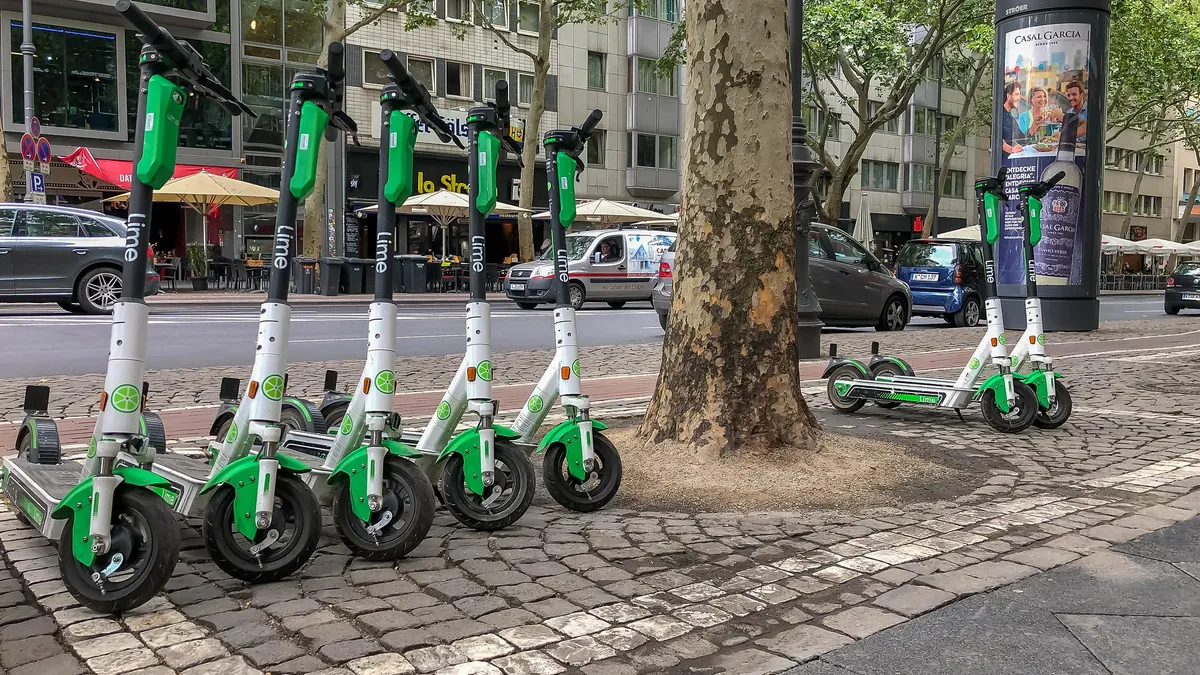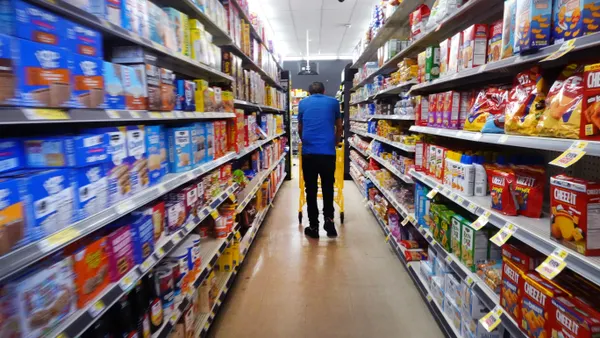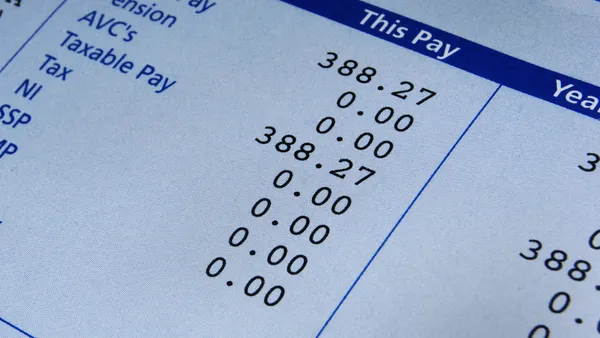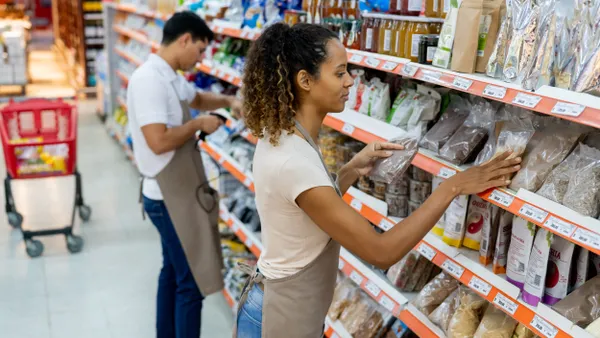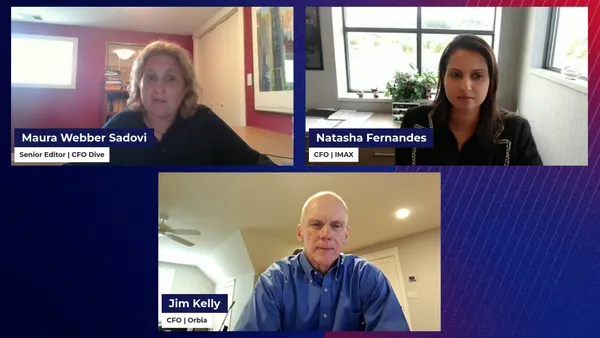Dive Brief:
-
The pandemic has prompted dockless scooter startup Lime to focus squarely on one goal: to be the first profitable micro-mobility company by 2021, CFO Andrea Ellis said. But COVID-19 has "fundamentally changed the profitability model of our business."
-
The "wild, unprecedented and totally unanticipated" changes the pandemic has brought to business has forced every company to ask itself tough questions if it wants to survive, Ellis told PYMNTs.
-
"I think COVID has forced all businesses to be really focused on maintaining cost discipline," Ellis said, adding San Francisco, California-based Lime has had to apply cost discipline not in just one area, but across its entire profit and loss (P&L) structure, which includes locations, labor, equipment and corporate expenditures.
Dive Insight:
As it pursues profitability, Ellis said, the company is working towards its ultimate goal "to own all trips under five miles."
But the largest player in the dockless scooter category may still have a long way to go.
"We are ... on the path to profitability sooner than expected," Ted Tobiason, Lime's former CFO, who departed the company in May, told CFO Dive in an email last year. "We do not need to sacrifice profitability to grow rapidly."
But analysts don't believe Lime will become sustainably profitable unless it manages to lower its operating costs.
The dockless scooter business model "is being undermined by the longevity of the scooters," Michael Ramsey, a transportation analyst with Gartner, told CFO Dive last year. "It's extremely challenging for them to break even if their scooters are going out of service so fast. Even at a high volume discount, you're talking about a minimum of about $350 a scooter. And your average fare on a scooter ride is about $5. You start to do the math."
Lime's scooter business operates over 120,000 scooters in 120 cities across 30 countries and brought in over $400 million in annual revenue in 2019.
The company's three main categories of riders include commuters, which includes those who ride public transport and then close the "first-and last-mile" piece of their commutes via scooter. The second category is tourists, and the third is non-commuting travelers who use Lime to run errands or ride for pleasure.
Amid the pandemic, Ellis told PYMNTs Lime has seen a "notable decline" in the first two categories, but a sizable pick-up in the third.
"What we're seeing a lot of now is these local trips to just explore your own city," Ellis said. "You just want to get outside, and this is a fun way to do it."
Lime also benefits from being a low-risk product, or what Ellis calls an "open-air method of transportation," unlike buses, subways or ride-sharing apps.
Additionally, Lime cleans its scooters and bikes in-house, while also relying on its users being "good citizens" with regard to hygiene and wiping down the scooters after use.
Micro-mobility, Lime's niche, was already expanding before coronavirus, Ellis said, but with its recent jolt in popularity, the company is now considering expansion into the global market. Despite its great popularity, Lime scooters have yet to arrive in major metropolitan cities like London and New York.
However, as Ellis considers expansion, she prioritizes whether new opportunities will be profitable.
"The bar that we must have whenever we enter into any market is, 'Can it be profitable?' And not just for seasonably favorable months, but for the full year," she said.
Amid these considerations, Lime has begun introducing various subscription options, allowing users to purchase full-day passes, unlimited rides, or discounts on a specific number of minutes.
In order to build out the company effectively, and to provide riders' most pressing needs and preferences, Ellis said the company has to engage with local officials for input on the municipality's goals, asking where Lime can be helpful.
She provided the example of Chicago, whose local government has a "really big focus" on its city-designated equity zone.
"That gave us an opportunity to bring access to micro-mobility in places that maybe don't have access to the same degree of public transportation that exists in other parts of the city," Ellis explained. "So, over half of our fleet in Chicago is deployed in these equity zones."
Lime remains optimistic about profitability, despite its uphill path and uncertain future.
"We're very encouraged by what we're seeing in a post-COVID world," Ellis said. "We feel we have the ability to scale this business profitably. We're very encouraged by the fundamental trends that we're seeing in our business in terms of being on that path to profitability next year."



